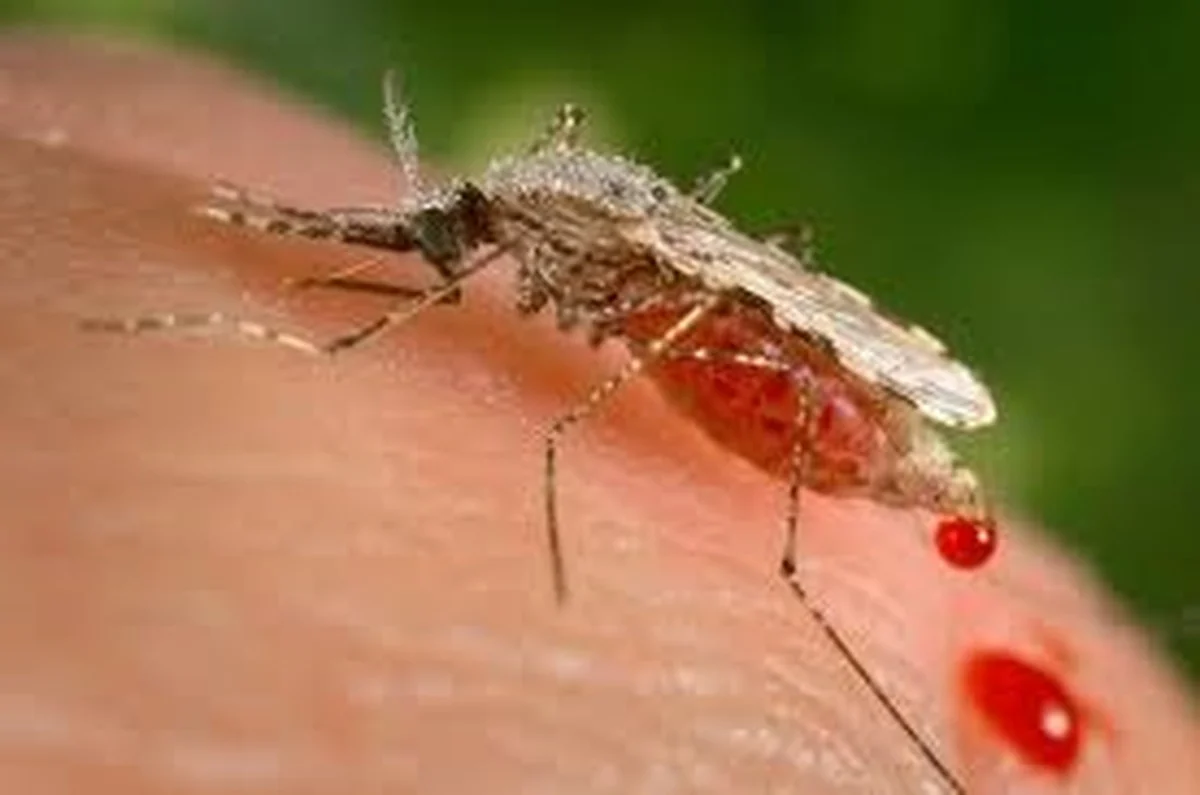21/10/2024
21/10/2024

CAIRO, Egypt, Oct 21: Egypt has officially been certified malaria-free by the World Health Organization (WHO), an achievement that the UN public health agency has described as "truly historic."
"Malaria is as old as Egyptian civilization itself, but the disease that plagued pharaohs now belongs to its history," stated WHO chief Tedros Adhanom Ghebreyesus.
Efforts to eradicate malaria in Egypt began nearly a century ago, marking the country's long-standing commitment to combating this deadly mosquito-borne infectious disease. The WHO grants certification when a country can demonstrate that malaria transmission has been interrupted for at least three consecutive years. The disease claims the lives of approximately 600,000 individuals annually, predominantly in Africa.
In a statement released on Sunday, the WHO commended "the Egyptian government and people" for their efforts to eliminate a disease that has been present in the country since ancient times. Egypt is now the third nation in the WHO's Eastern Mediterranean Region to receive this certification, following the United Arab Emirates and Morocco. Globally, 44 countries and one territory have achieved this milestone.
However, the WHO cautioned that this certification marks "the beginning of a new phase," urging Egypt to remain vigilant in order to maintain its malaria-free status. To retain this certification, a country must demonstrate its capacity to prevent the re-establishment of malaria transmission.
The WHO noted that the first efforts to limit human-mosquito contact in Egypt began in the 1920s with measures such as banning rice cultivation and agricultural crops near residential areas. Malaria is caused by a complex parasite transmitted through mosquito bites. While vaccines are being utilized in some regions, monitoring the disease and avoiding mosquito bites remain the most effective strategies for malaria prevention.


